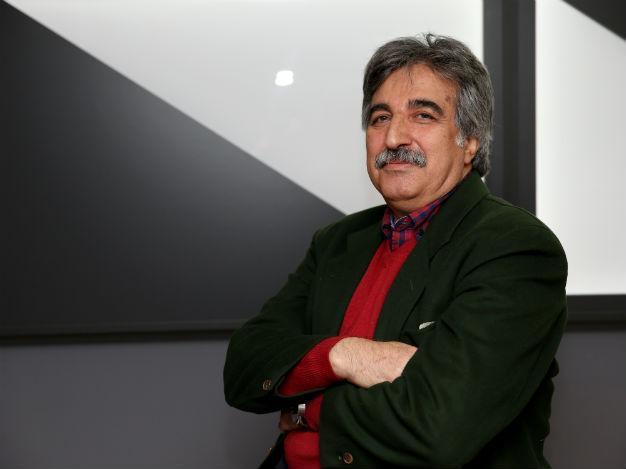Turkey eyes $5 billion from health tourists annually amid tourism woes
ISTANBUL

AA photo
Turkey has the potential to increase its annual revenue from health tourism to $5 billion over the next two years, with officials looking for ways to boost and diversify the country’s tourism appeal amid a downturn in the sector.
“I strongly believe that Turkey’s revenue from this sort of tourism will reach $5 billion over the next couple of years,” Health Ministry undersecretary Erol Afşin told Anadolu Agency.
Afşin said annual revenue from health tourism is currently around $1.5 billion officially, but the real figure is estimated to be around $3 billion.
The government’s target is to make around $20 billion in revenue annually from the sector by 2023, the 100th anniversary of the establishment of the Republic of Turkey.
While just 109,000 medical tourists visited Turkey in 2010, this figure rose to 583,000 by 2014, mainly thanks to a sharp rise in the number of tourists from Libya, Iraq and Germany. With the addition of plastic surgery figures, this figure increased up to 700,000, according to sector representatives.
According to Afşin, most health tourists to Turkey come from Iraq, Azerbaijan, Kazakhstan, Georgia, Greece, Uzbekistan and Bosnia Herzegovina as well as other European countries. Turkey is a particularly popular destination for organ transplants, hair transplants, heart surgery and plastic surgery operations.
“The number of health tourists has been increasing rapidly as Turkey offers quite a high quality of health services and technologies at affordable costs … A regular operation costs around 70 percent lower in Turkey than it does in Europe,” Afşin added.
The most popular spots for foreign patients are Istanbul and the Mediterranean resort of Antalya, according to sector representatives. The remaining tourists tend to prefer the capital Ankara, the Aegean city of İzmir and the northwestern province of Bursa, which is especially popular among Arabic tourists.
Despite uncertainty in Turkey’s tourism sector over terrorist attacks and bilateral political strains between Ankara and Moscow, all hotels in Antalya could be filled with visitors if the health sector’s full potential is fulfilled, Afşin said.
He stressed that non-governmental organizations, companies and the public sector need to work together in order to realize this target. He also noted that health tourists on average spend around four times more than ordinary tourists.
